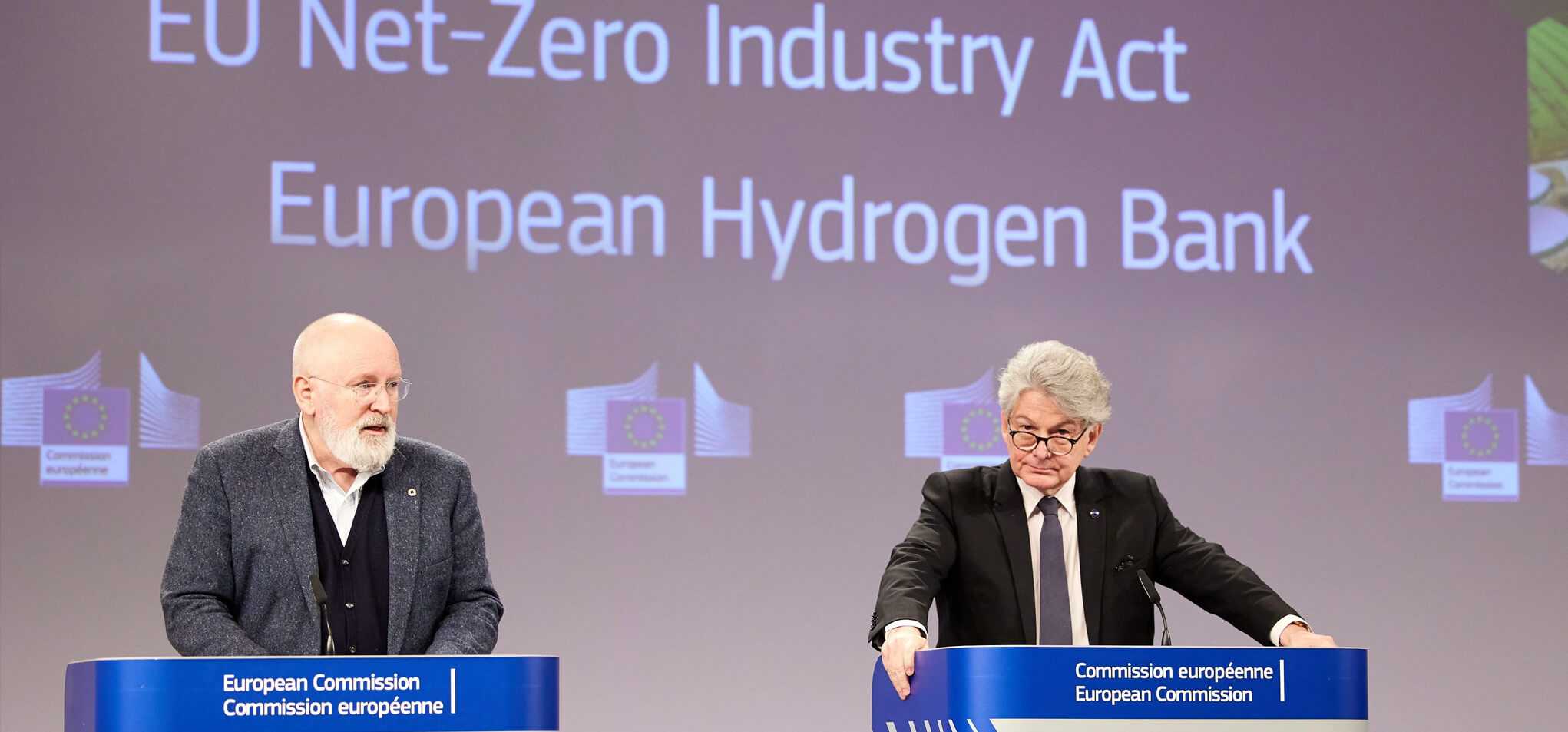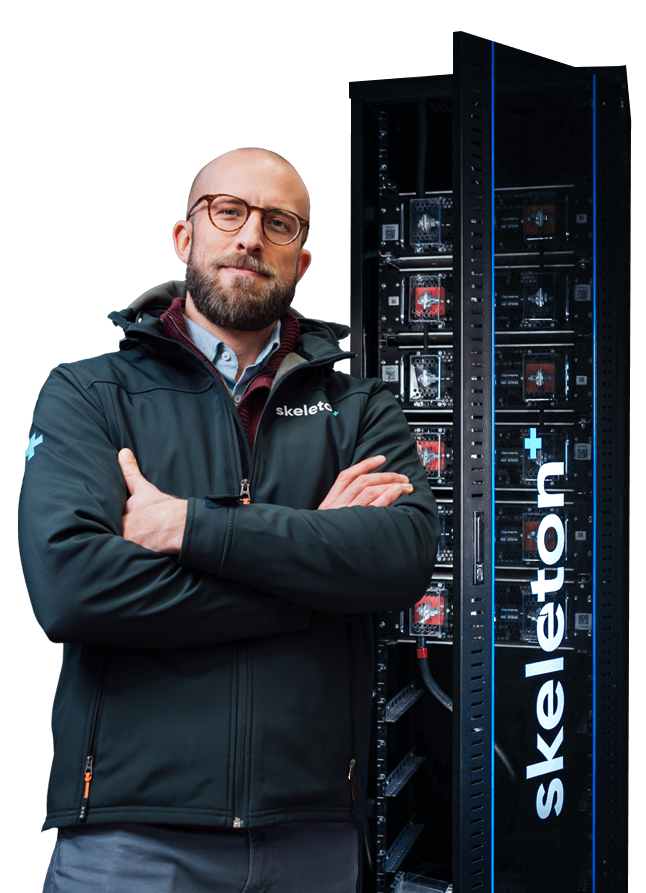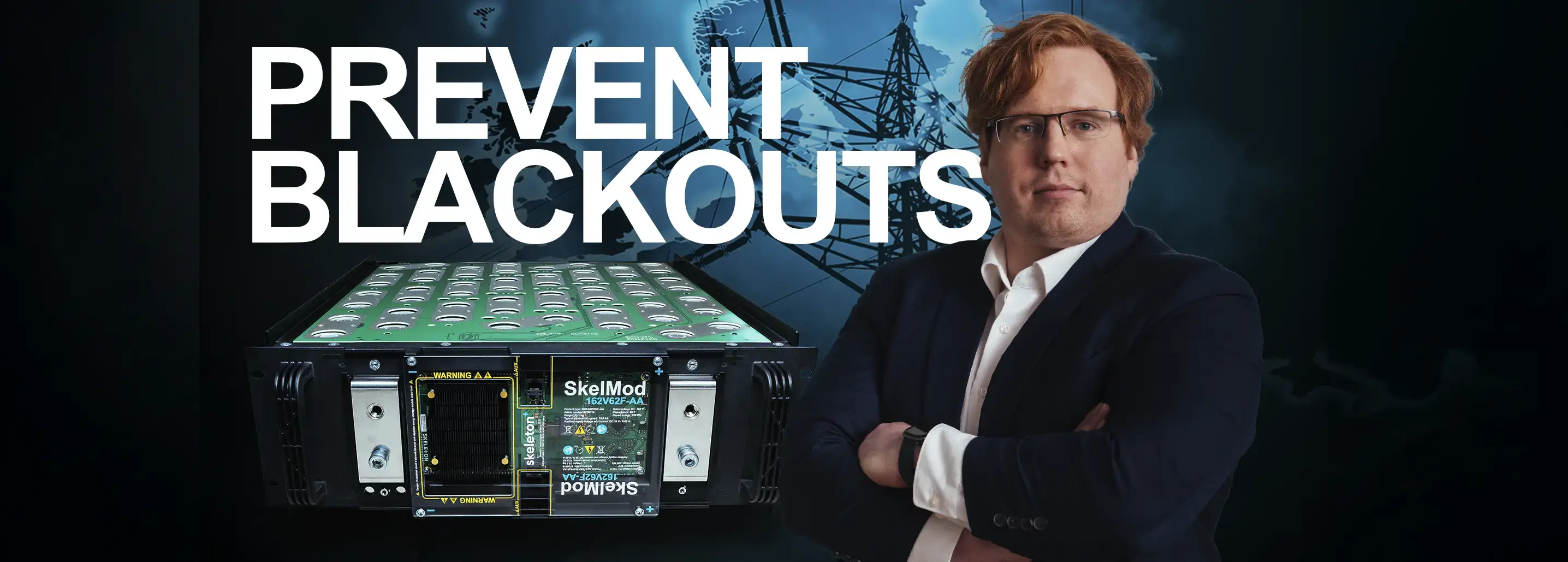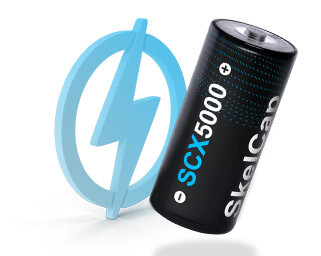
Comments on the Net Zero Industry Act unveiled by the European Commission

The Net-Zero Industry Act (NZIA), unveiled by the European Commission on Thursday, is meant to set the EU on track to meet its net-zero goals by shoring up its supply of green technologies. Together with the Critical Raw Materials Act unveiled on the same day, the NZIA will represent one of the cornerstones of the Green Deal Industrial Plan, the European industry masterplan for the deployment and manufacturing of clean technologies. The goal of the NZIA is to set out a clear European framework to reduce the EU's reliance on highly concentrated imports of clean technologies, currently mostly from China. By drawing on the lessons learnt from the Covid-19 pandemic and the energy crisis sparked by Russia's full-scale invasion of Ukraine, it will help increase the resilience of Europe's clean energy supply chains.
The NZIA looks positive, although it could be more ambitious. The draft is rightly focused on the big challenge of scaling up EU clean technologies. It does so by setting sectoral manufacturing objectives, ambitious permitting reform and funding proposals. Overall, the document is a strategy to accelerate our industrial capacity with speed, scale and simplicity.
The target to have at least 40% of clean technologies manufactured in the EU by 2030 including 85% of batteries and energy storage technologies, is an excellent thing. It gives a clear signal to all Member States that they need to draft plans and incentivizing policies to facilitate the scale-up of manufacturing energy efficient and low-carbon technologies, equipment and components, as they must submit draft updated 2021-2030 national energy and climate plans in June 2023.
The Act supports in particular 8 strategic net zero technologies. These are batteries and energy storage; solar photovoltaic and solar thermal technologies; onshore wind and offshore renewable energy; pumps and geothermal energy; electrolysers and fuel cells; biogas/biomethane; carbon capture and storage; and grid technologies. Other net zero technologies are also supported by the measures in the act, to a different degree, including sustainable alternative fuels technologies, advanced technologies to produce energy from nuclear processes with minimal waste from the fuel cycle, small modular reactors, and related best-in-class fuels.
The draft underlines specific case of “hard-to-abate sectors, including energy-intensive industries”. It therefore recognizes these sectors won’t be able to decarbonize with current lithium-ion batteries, while the focus often tends to be on this technology, mostly based on the important needs of the automotive sector. The draft says “the number of commercially available and scalable net zero technologies (for these sectors) is currently limited. We hope and expect some concrete action plan to accelerate the electrification of these hard-to-abate sectors, and boosting enabling technologies for electrification there, such as high-power energy storage like our supercapacitors and SuperBattery.
Whether it is for the hard-to-abate sectors, or the grid one, specific supportive actions there mean support for strategic battery technologies solving their needs. In Skeleton’s case, high-power energy storage. Other companies involved in grid sector will want to ensure Long-Duration Energy Storage are also covered. But basically, the energy storage requirements and needs vary from one sector to another, and, in order to be able to decarbonize all sectors, our support to energy technologies should cover all of them.
The NZIA shows very clear and ambitious goals on fastening permitting. This could be a competitive advantage compared to the US, because the IRA did not include any permitting reform. Europe is often too slow on all levels of planning, expanding, building and implementing industrial projects compared to its main competitors. The Commission proposes selecting projects that will help it achieve its targets and granting those quicker permitting and additional funding. Projects that receive a special "strategic project" status would see permitting timeframes slashed to just one year; projects below that level would be greenlit within nine months.
Another important item is that for public procurement, for example, the draft proposal states that a “tender’s contribution to the security of supply” must be taken into account. Among other conditions, security of supply depends on “the proportion of the products originating in third countries”. This would mean that public authorities would have to take into consideration whether the net-zero technology they buy is produced in the EU or not, although they would still have quite some leeway in determining how much they want to weigh this. But this is another positive thing for us with our European value chain.
Financial support mechanisms (in particular for each sector) will have to be clarified and are currently missing, making the NZIA currently falling short of the clarity and funding associated with the US Inflation Reduction Act. The Commission's new Temporary Crisis and Transition Framework aims to simplify state aid rules for cleantech deployments and projects aimed at decarbonizing industrial processes — measures that will benefit projects targeted by the Net-Zero Industry Act and the Critical Raw Materials Act. The EU executive is also considering setting up a “ European Sovereignty Fund”, but details have not been unveiled at the moment. Also, strong actions to boost investments from private sector will also be necessary.
It is likely that EU will have to clarify on funding and proposals for the “European Sovereignty Fund”, announced by commission president Ursula von der Leyen in September, are supposed to be unveiled in May or June. The NZIA, as well as the fund, will have to be negotiated and ratified by the European Parliament and EU Member States.
Photo above: European Commissioners Frans Timmermans and Thierry Breton introducing the Net-Zero Industry Act to the press (16.03.2023)
Claudio Centonze, European Comission





